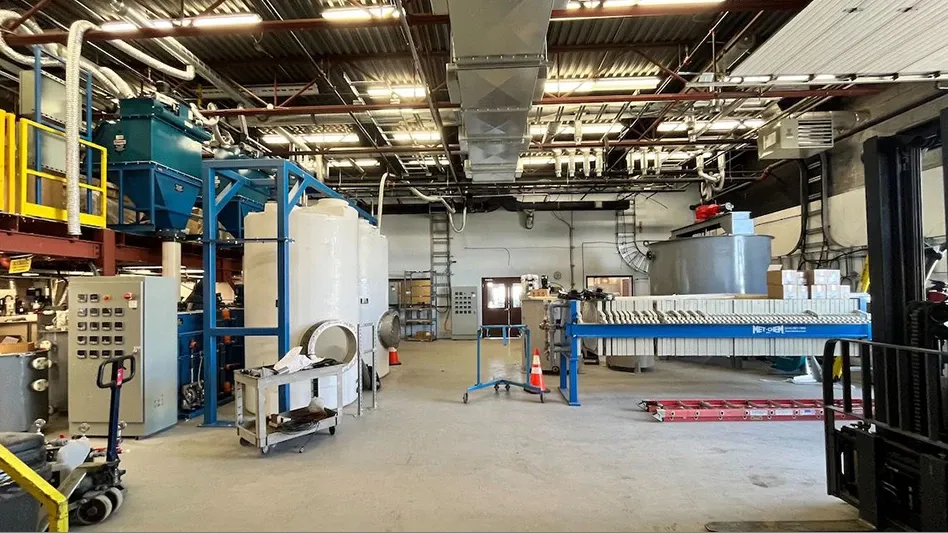 |
| Cyclic Materials |
Cyclic Materials Secures Investment to Boost Rare Earth Processing in US and Europe
Canadian rare earth recycling start-up Cyclic Materials has secured a $2 million investment from InMotion Ventures, the investment arm of Jaguar Land Rover. This funding will support the launch of the company's first commercial rare earth element (REE) processing facilities in the United States and Europe. The investment extends Cyclic Materials’ Series B round to $55 million.
Expanding Rare Earth Recycling to Secure Supply Chains
Cyclic Materials is advancing its MagCycle and REEPure technologies to extract REEs from end-of-life electric vehicle (EV) motors, wind turbines, MRI machines, and data center waste. With less than 1% of REEs currently being recycled, increasing domestic processing capacity is crucial to reducing reliance on China, which dominates global REE processing. China’s export restrictions on rare earth technologies have heightened concerns about supply chain resilience.
Growing Investment in Critical Minerals Recycling
In September 2023, Cyclic Materials raised $53 million from key investors, including Microsoft, Hitachi, BMW i Ventures, ArcTern, and Fifth Wall. With InMotion Ventures' latest contribution, the company has raised over $85 million in equity financing. This funding will accelerate Cyclic Materials' North American and European expansion, refine its recycling processes, and enhance production capabilities.
Jaguar Land Rover’s investment aligns with its 2030 electrification strategy, which involves securing critical raw materials for battery repair, re-use, and recycling. The company is strengthening its upstream supply chain to support the transition to luxury electric vehicles.
Cyclic Materials has also partnered with Solvay, Vattenfall, Synetiq, and Vacuumschmelze to advance rare earth magnet recycling. The company operates Hub 100, a commercial demonstration facility in Kingston, Ontario, with an 8,000 t/yr MagCycle capacity and a 100 t/yr REEPure hydrometallurgical facility producing recycled mixed rare earth oxides (rMREO), nickel, and cobalt hydroxides.




















 We publish to analyze metals and the economy to ensure our progress and success in fierce competition.
We publish to analyze metals and the economy to ensure our progress and success in fierce competition.